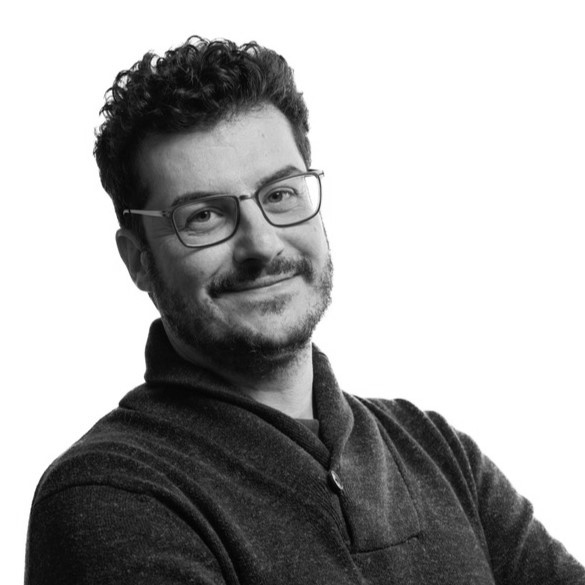Chico Mendes, a Brazilian trade unionist and environmentalist, is often credited with the phrase that “environmentalism without class struggle is just gardening.” In a world where the richest 1% emits more CO₂ than the poorest 66% (77 million people emit as much as 5 billion), where the G20 are responsible for 80% of the emissions of all countries on the planet, and where biodiversity loss primarily impacts farmers and ranchers, indigenous communities and poor families, issues of social justice, intergenerational solidarity, and redistributive action become critical.
These concerns must be an ethical and political beacon to regulate and guide the enormous challenge of reforming linear extractivist petrocapitalism, staying within the arc of the market economy (given the impossibility of reform or revolution in the short term) and within the groove of existing international financial institutions (too powerful to be shut down and rebuilt from scratch).
The season of green reformism of finance, the heart of capital, consisting of many new tools, well presented in this issue of Renewable Matter, must necessarily be based on the aforementioned ethical assumptions: equality, redistribution, intergenerational equity, i.e. the key elements to achieve the desirable just transition, meaning a transition of the economy that does not leave millions of workers on the street, impacting even more households.
While the old guard of financiers who proclaim “greed is good” in unison holds out, slowly, in international institutions, multilateral development banks, insurance companies, and financial activism, a cultural virus is seeping in, which is also fundamental to the survival of the economic system itself: sustainable finance.
We thought that the crisis of the neoliberal capital system would come from workers, but instead, it will come from a series of climate-altering gases and chemicals with articulated formulas at the root of an environmental poly-crisis that threatens to destabilise the last 500 years of human economic and technological development, going so far as to undermine the very system of post-Westphalian states. To activate the ecological and economic transition (not coincidentally they have a common root, οἶκος) political capital (very scarce), cultural capital (growing), and financial capital (vast and poorly deployed) are needed.
In this issue, we focus on the strategies that will be needed to put the economic resources required for a just transition to good use (we discuss this with Frederic Samama of S&P and Sayuri Shirai of the Asian Development Bank). We then tackle the reform of financial institutions with Avinash Persaud of Inter-American Development Bank and Morgan Després of ECF, and the challenges of the insurance world and the private financial sector, primarily the big banks (with an insight by Andrea Barolini) and investment funds (addressed by Federica Casarsa). Finally, we take a look at what is happening in the United States, where ESG investment is the devil according to Trump, and in China, where transition finance will play an increasingly crucial role.
ESG, Venture Capital, carbon market, cryptocurrency, and climate finance are only some of the topics you will find in these pages. A complex but essential journey to understand the enormous restlessness running through the financial sector, confused, frightened but decisive.
DOWNLOAD AND READ THE NEW ISSUE OF RENEWABLE MATTER: FINANCE
This article is also available in Italian / Questo articolo è disponibile anche in italiano
Image: Unsplash



